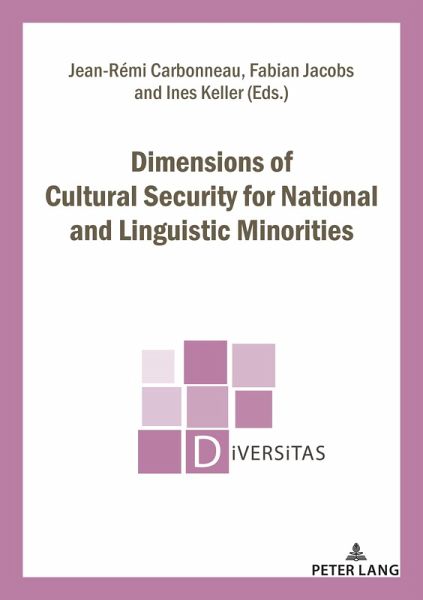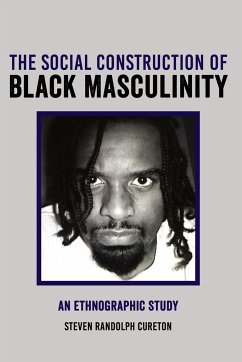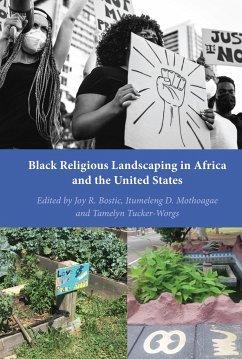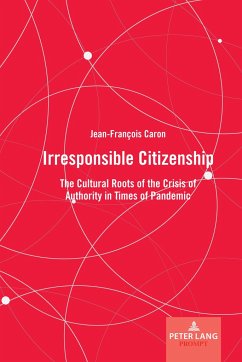
Dimensions of Cultural Security for National and Linguistic Minorities
Versandkostenfrei!
Versandfertig in 6-10 Tagen
80,05 €
inkl. MwSt.
Weitere Ausgaben:

PAYBACK Punkte
0 °P sammeln!
Cultural security is a basic need for individuals belonging to national and linguistic minorities. Structurally exposed to asymmetric power dynamics, these minorities compete with the larger society for material and non-material resources, rendering their future perspectives particularly precarious. This book brings researchers from different social sciences together to examine the notion of cultural security and its meaning for different national and linguistic minorities through multiple case studies in Europe, Asia, North and South America. The cultural security of these minorities comprise...
Cultural security is a basic need for individuals belonging to national and linguistic minorities. Structurally exposed to asymmetric power dynamics, these minorities compete with the larger society for material and non-material resources, rendering their future perspectives particularly precarious. This book brings researchers from different social sciences together to examine the notion of cultural security and its meaning for different national and linguistic minorities through multiple case studies in Europe, Asia, North and South America. The cultural security of these minorities comprises various dimensions, including institutional and territorial arrangements, state stability, as well as different patterns of citizen belonging and participation. Through the prism of these dimensions, the contributors to this book present a variety of strategies of cultural resilience, societal structures and institutional frameworks allowing national and linguistic minorities to securea certain degree of cultural autonomy and develop a sense of belonging to their respective states. Cultural security is an inescapable condition for the fair and sustained development of both minorities and majorities in today's societies characterized by deep diversity.














